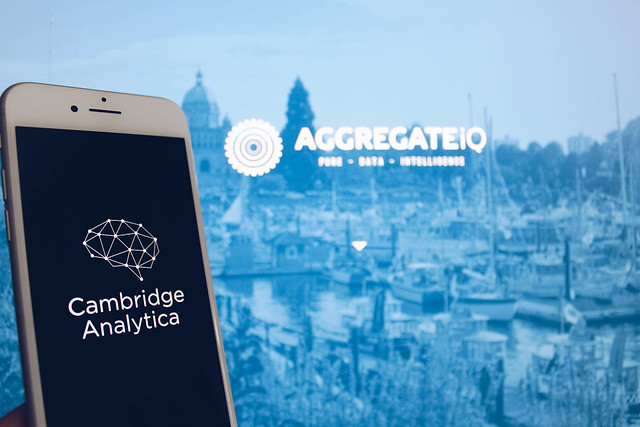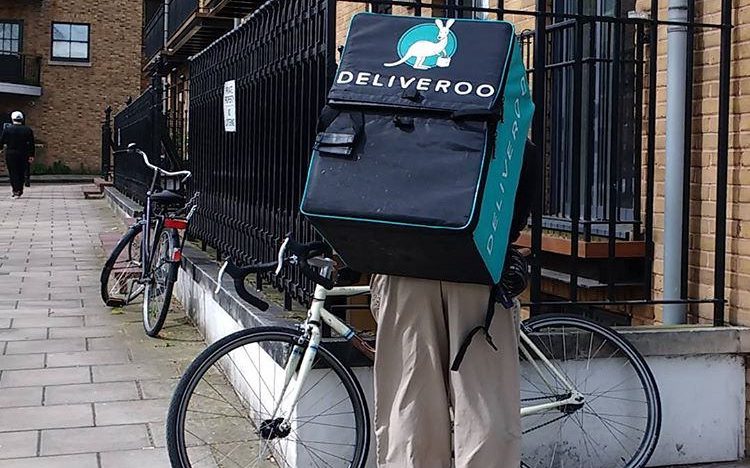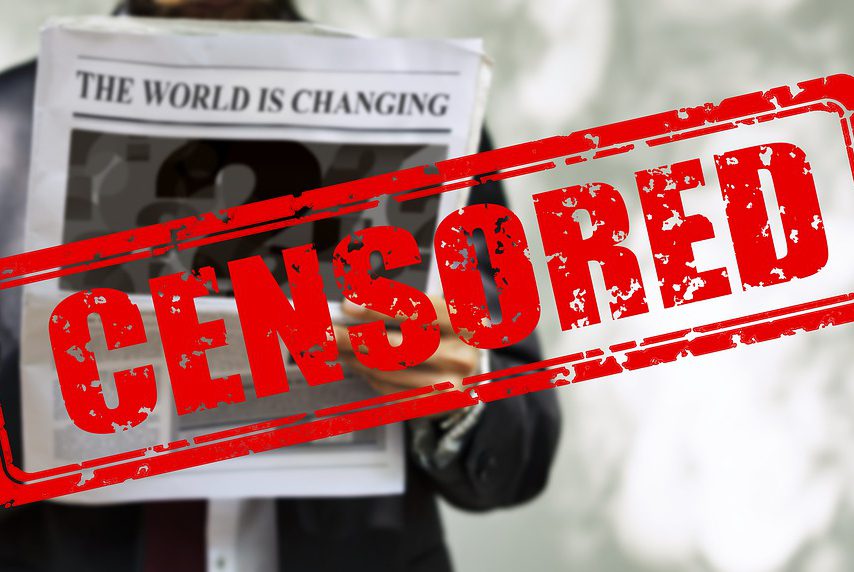Author: Alex Heshmaty
Alex Heshmaty is technology editor for the Newsletter. He runs Legal Words, a legal copywriting agency based in the Silicon Gorge. Email alex@legalwords.co.uk.

ICO concludes Cambridge Analytica investigation
Although the internet was born out of a military research project, many of its original advocates touted its democratic potential to provide a platform for free exchange of ideas and creativity. But there were always voices of warning that the mass connectivity resulting from a global network could lead to something more Orwellian. The creeping […]
Read More
Reform of the communications offences
The government published its Online Harms White Paper in April 2019, which set out a range of proposals to reduce illegal and harmful online activity. An initial consultation response was published in February 2020, with a full response expected before the end of the year and potential legislation coming in early 2021. Meanwhile, the Law […]
Read More
NHS contact tracing app: teething troubles
Back in June, I wrote about the long delayed COVID-19 app, which was supposed to form a key part of the contact tracing system, famously hailed by Boris as “world beating”. The app was eventually launched on 24 September and has, according to government figures, been downloaded almost 20 million times. Although two million people […]
Read More
Regulation of the gig economy
The gig economy has garnered heavy criticism since it became an integral part of the world of work over the past decade or so. On the one hand it has been credited with providing flexible work for millions of people unable or unwilling to secure full time employment. On the other hand, it has been […]
Read More
Social media and political censorship
Currently, each social media platform has its own set of policies regarding what kind of content can be published by its users. Since many politicians are now heavily reliant on these platforms to bolster their support and reach out to new voters, the ability for the big tech deities such as Zuckerberg to decide on […]
Read More
Regulation of app stores
There have been a couple of interesting developments recently relating to apps on the Apple and Google app stores, both of which potentially threaten self regulation of these platforms. Fortnite sues Apple and Google Epic Games, the publisher behind hit computer game Fortnite, is taking legal action against both the Apple and Google app stores. […]
Read More
The end of the law firm office?
Alex Heshmaty asks Belinda Lester, founder of Lionshead Law, and Annie Joseph, a trainee solicitor at a top 100 UK law firm, to consider some of the key opportunities and challenges that remote working poses for lawyers. In a world of social distancing, the coronavirus pandemic has lent fresh impetus to the work-from-home movement. Law […]
Read More
Social media distancing: marketing
In the last issue of the Newsletter, I made a case for individual lawyers cutting back on use of social media. Let’s now consider some alternative marketing techniques to which firms’ social media budgets can be diverted, which may deliver more bang for the buck. Content You may expect a copywriter to extol the virtues […]
Read More
A digital tax trade war?
We previously reported on a controversial digital services tax (also known as the GAFA tax) which was implemented in France towards the end of 2019, which levies a 3 per cent tax on digital services gross revenue (as opposed to profits) made in France by companies with total worldwide revenues of more than €750 million […]
Read More
OECD Global Partnership on Artificial Intelligence
It was recently announced that the Organisation for Economic Co-operation and Development (OECD) is to host the Secretariat of the new Global Partnership on AI (GPAI). The GPAI consists of a collection of countries (Australia, Canada, France, Germany, India, Italy, Japan, Mexico, New Zealand, Korea, Singapore, Slovenia, UK and USA) along with the European Union. […]
Read More
Using tech to defeat Covid-19
Alex Heshmaty asks Joanne Frears, partner at Lionshead Law, and Will Richmond-Coggan, partner at Freeths, about the implications of various emergency measures being taken by the government in the fight against Covid-19 – many of which are enabled by technology. How tech is being used AH. How is technology being used by states in the […]
Read More
Will the Covid contact tracing app work?
The UK Government launched the NHS Test and Trace service on 28 May 2020 in England and Scotland, with Wales following on 1 June; Northern Ireland already has its own system. However, there is one glaring omission: the smartphone app. Although initially there was much fanfare about the production of an app by NHSX to […]
Read More